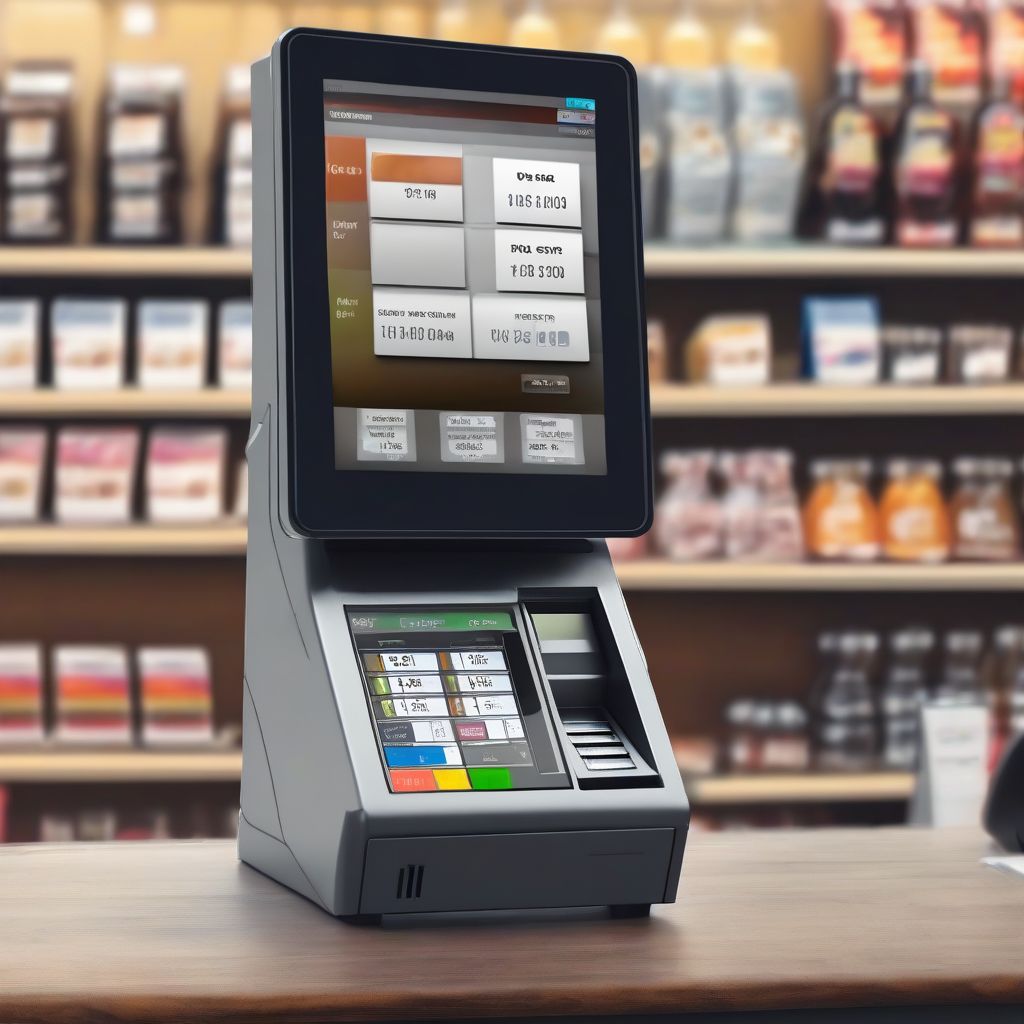In today’s increasingly digital world, the ability to Accept Credit Card Payments is no longer optional—it’s essential. This is true for businesses of all sizes, from small startups to large corporations. For investors, understanding the landscape of payment processing is crucial for making informed decisions. This article will serve as a comprehensive guide to accepting credit card payments, covering everything from the basics to more nuanced details that impact both businesses and those looking to invest in this sector.
What Does It Mean to “Accept Credit Card Payments”?
At its core, “accepting credit card payments” means enabling your customers to purchase goods or services using their credit cards. While this might seem straightforward, the behind-the-scenes process is surprisingly intricate. It involves a network of players, including:
- Merchant: The business accepting the payment (e.g., a retail store, online shop, restaurant).
- Cardholder: The customer making a purchase with their credit card.
- Issuing Bank: The financial institution that issued the credit card to the cardholder.
- Acquiring Bank: The bank that processes the credit card transaction on behalf of the merchant.
- Payment Processor: The company that facilitates the transaction between the merchant, issuing bank, and acquiring bank.
- Card Network: Companies like Visa, Mastercard, American Express, and Discover set the rules and fees for transactions.
Why Accepting Credit Card Payments is Crucial in Today’s Market
The decision to accept credit cards carries significant weight for businesses and holds valuable insights for investors evaluating businesses or the payment processing industry itself. Here’s why:
For Businesses:
- Increased Sales: Credit card acceptance broadens your customer base, allowing you to tap into a larger market of consumers who prefer this payment method. Studies have shown that offering credit card payment options can lead to a significant increase in sales.
- Improved Cash Flow: Unlike invoices, credit card payments are typically deposited into your account quicker, improving your cash flow and allowing for better financial planning.
- Enhanced Customer Convenience: Credit cards offer unparalleled convenience for customers, making transactions faster and smoother, which can lead to increased customer satisfaction and loyalty.
- Competitive Edge: In today’s market, customers expect multiple payment options. Not accepting credit cards can put you at a disadvantage, particularly against competitors who offer a more streamlined checkout experience.
For Investors:
- Indicator of Growth Potential: Businesses that readily adopt new technologies and adapt to evolving consumer preferences, like accepting credit card payments, often demonstrate a forward-thinking approach, which can be a positive indicator of growth potential.
- Insight into Financial Health: A business’s ability to accept credit card payments, and its associated fees, can provide insights into its financial health and cash flow management.
- Understanding Market Trends: The payment processing industry is constantly evolving. Investors need to stay abreast of new technologies and trends, such as mobile payments and contactless payments, to make informed investment decisions in this dynamic sector.
How Businesses Can Start Accepting Credit Card Payments
The process of accepting credit card payments generally involves these steps:
- Choosing a Payment Processor: Research and select a payment processor that aligns with your business needs and budget. Options range from traditional merchant account providers to mobile payment solutions.
- Setting up an Account: Complete the application process with your chosen provider, which will likely involve providing business information, bank details, and potentially undergoing a credit check.
- Selecting Payment Gateway: If processing payments online, you’ll need a payment gateway—a software that securely authorizes and captures payment information from your website or app.
- Integrating with POS System: For brick-and-mortar businesses, integrate your payment processing solution with your point-of-sale (POS) system for seamless in-person transactions.
Key Considerations and Potential Challenges
While accepting credit card payments offers numerous advantages, businesses and investors should be aware of potential challenges:
- Processing Fees: Every transaction incurs fees, typically a percentage of the sale amount plus a fixed per-transaction fee.
- Chargebacks: When a customer disputes a charge, the merchant may lose the revenue and incur additional fees.
- Security Risks: Businesses must prioritize data security to protect sensitive customer information and comply with PCI DSS (Payment Card Industry Data Security Standard).
fastnovels.net/wp-content/uploads/2024/08/credit-card-reader-66c5aa.jpg" alt="credit card reader" width="1024" height="1024">credit card reader
The Future of Accepting Credit Card Payments
The landscape of credit card acceptance is continuously evolving with the advent of new technologies and shifting consumer behaviors. Mobile wallets, contactless payments, and Buy Now Pay Later options are gaining traction. For investors, this presents both opportunities and challenges.
By staying informed about the latest trends and understanding the intricacies of accepting credit card payments, businesses can optimize their operations and investors can identify promising opportunities in this dynamic market.
